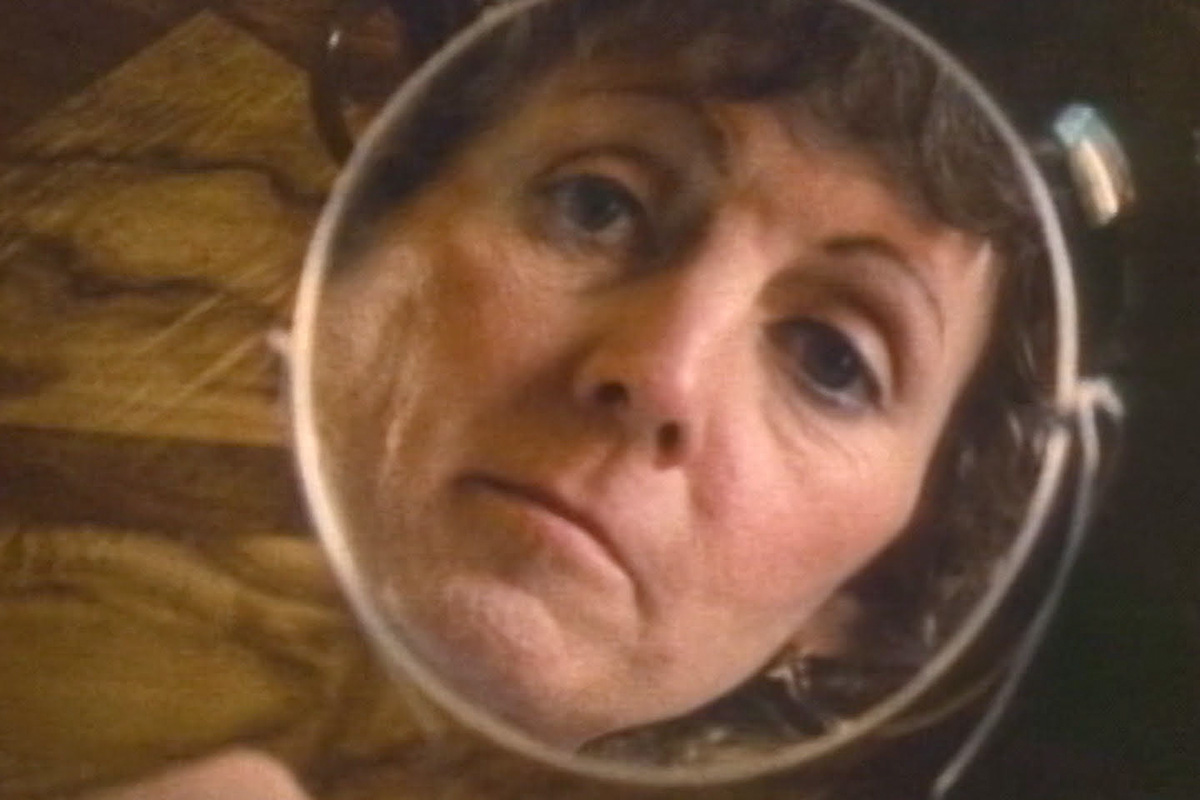
Screen Time is your curated weekly guide to excellent documentaries and nonfiction programs that you can watch at home.
Start your year with the magical Aretha Franklin performing songs from her best-selling gospel album. Alan Elliott and Sydney Pollack’s Amazing Grace unearths Franklin’s 1972 performance at Los Angeles’ New Temple Missionary Baptist Church, and resurrects it into this breathtaking documentary that leaves us glowing in the aftermagic of the vision that is Aretha Franklin. Watch the film on YouTube.
Over at the Criterion Channel, you can now watch a fantastic curation of the documentaries of Lee Grant. The Academy Award-winning actor is also a trailblazing documentary filmmaker who unflinchingly tackled controversial themes and narrated lives with extreme compassion and empathy. Among our favorites are When Women Kill (1983), What Sex Am I? (1985), and The Willmar 8 (1981).
As we gear up to enjoy Sundance 2022 from the safety of our homes, we are thankful to Criterion Channel for allowing us a chance to rediscover some films from the festival’s lineup from 1992— “the year indie exploded.” The introductory interview with programmers John Cooper and John Nein sets the perfect tone for the curation that deserves multiple watches. Our favorites include Marlon Riggs’ Color Adjustment, Trinh T. Minh-ha’s Shoot for the Contents, and Michael Apted’s Incident at Oglala.
In a new New York Times Op-Doc, Just Girls, filmmaker Bronwen Parker-Rhodes speaks to five girls, ages 14 to 17, and films a very frank conversation about the trials and tribulations of adolescence. Doing away with the clichés we have seen our popular culture build around teenage life, the film listens patiently as the participants discuss shame and anxiety around their changing bodies, their joys, and their pains.
Anupama Chandra and Uma Tanuku’s 2016 documentary The Books We Made is now available for viewing on YouTube. It delves into the criminally underdocumented history of feminist publishing in India, as it films extensive conversations with publishing foremothers, Urvashi Butalia and Ritu Menon. By celebrating the history of feminist publishing, the films also lauds the unseen bedrock of female friendships and sisterhood that sustain the country’s feminist politics and the books that come out of it.